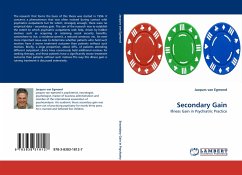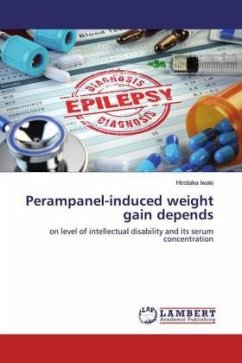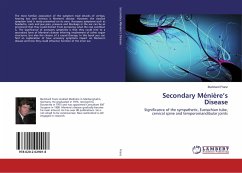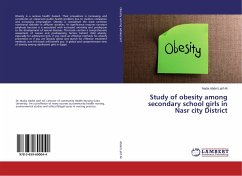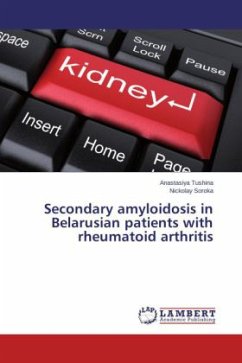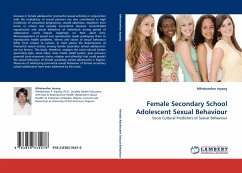The research that forms the basis of this thesis was started in 1996. It concerns a phenomenon that was often noticed during contact with psychiatric outpatients but for which, strangely enough, there were no empirical data secondary gain. The aim of the research was to establish the extent to which psychiatric outpatients seek help, driven by hidden motives such as acquiring or retaining social security benefits, somewhere to live, a residence permit, a reduced sentence, etc. An even more important issue was to determine whether patients who hold such motives have a worse treatment outcome than patients without such motives. Briefly, a large proportion, about 40%, of patients attending different outpatient clinics have consciously held additional motives for seeking therapy, and these patients have a significantly worse treatment outcome than patients without such motives.The way this illness gain is ruining treatment is discussed extensively.
Bitte wählen Sie Ihr Anliegen aus.
Rechnungen
Retourenschein anfordern
Bestellstatus
Storno

